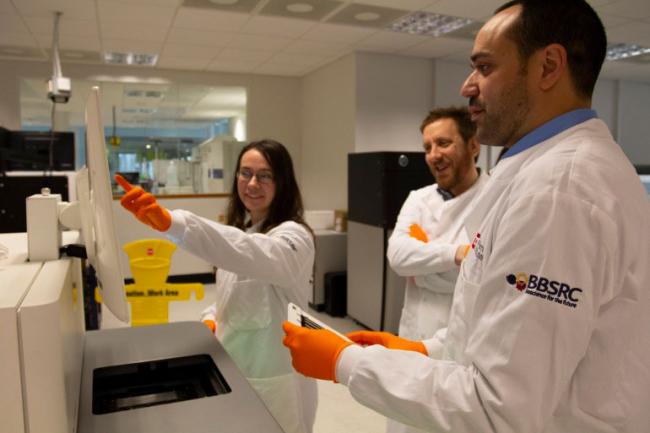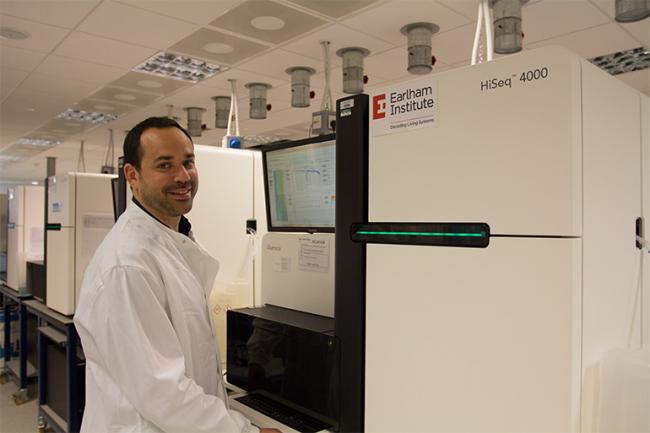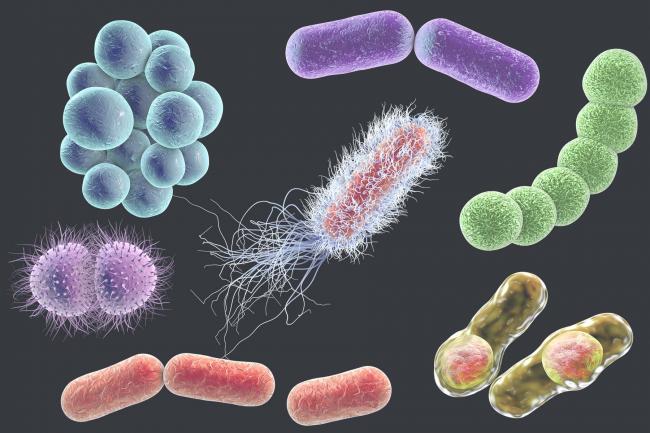Day 1
09:30 - 10:15
Welcome, course overview and flash presentations from participants
10:15 - 11:00
Introduction to NGS technologies and practical considerations for isolating high quality RNA
11:00 - 11:15
Break
11:15 - 11:45
Data QC
11:45 - 12:30
Reference-Guided Transcriptome Assembly
12:30 - 13:30
Lunch Break
13:30 - 14:00
A practical guide to De Novo transciptome assembly
14:00 - 15:00
Hands-on: Introduction to working with transcriptome data
Day 2
09:30 - 10:15
Long read data processing
10:15 - 11:00
Demo: Reference-Guided Transcriptome Assembly
11:00 - 11:15
Break
11:15 - 12:30
Hands-on: Reference-Guided Transcriptome assembly
12:30 - 13:30
Lunch Break
13:30 - 14:00
Demo: High quality gene models with long-reads
14:00 - 15:00
Genome Annotation - Building high quality gene models
15:00 - 16:00
Optional Q&A Session
Day 3
09:30 - 10:30
Demo: Evidence-guided gene prediction using Augustus
10:30 - 11:00
Hands on: Using gene prediction combiners (EVM) Pt I
11:00 - 11:15
Break
11:15 - 11:45
Hands on: Using gene prediction combiners (EVM) Pt II
11:45 - 12:30
Demo: Selecting gene models with Minos
12:30 - 13:30
Lunch
13:30 - 14:00
Hands-on: Minos
14:00 - 14:45
Assessing the quality of a genome annotation
14:45 - 15:00
Wrap up and Feedback


















